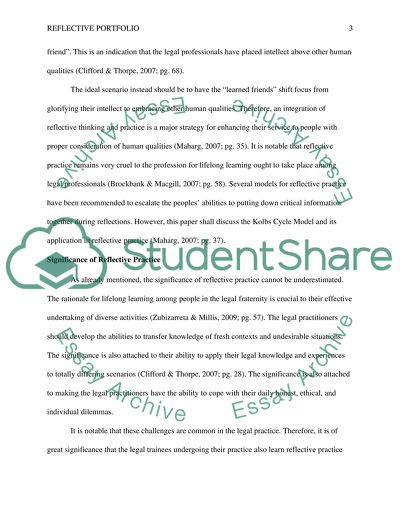Cite this document
(“Reflective Portfolio Essay Example | Topics and Well Written Essays - 2750 words”, n.d.)
Retrieved from https://studentshare.org/law/1474018-reflective-portfolio
Retrieved from https://studentshare.org/law/1474018-reflective-portfolio
(Reflective Portfolio Essay Example | Topics and Well Written Essays - 2750 Words)
https://studentshare.org/law/1474018-reflective-portfolio.
https://studentshare.org/law/1474018-reflective-portfolio.
“Reflective Portfolio Essay Example | Topics and Well Written Essays - 2750 Words”, n.d. https://studentshare.org/law/1474018-reflective-portfolio.


